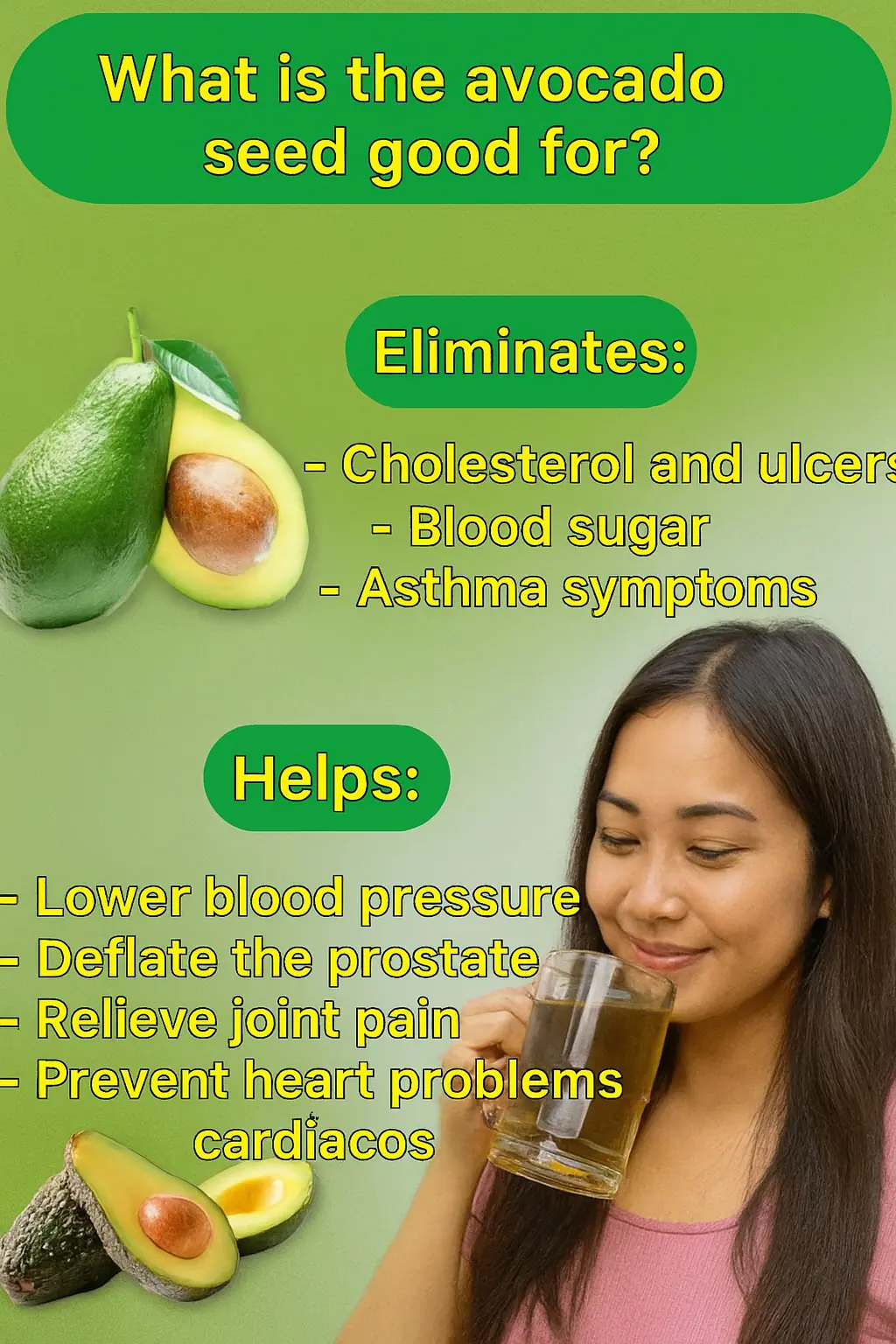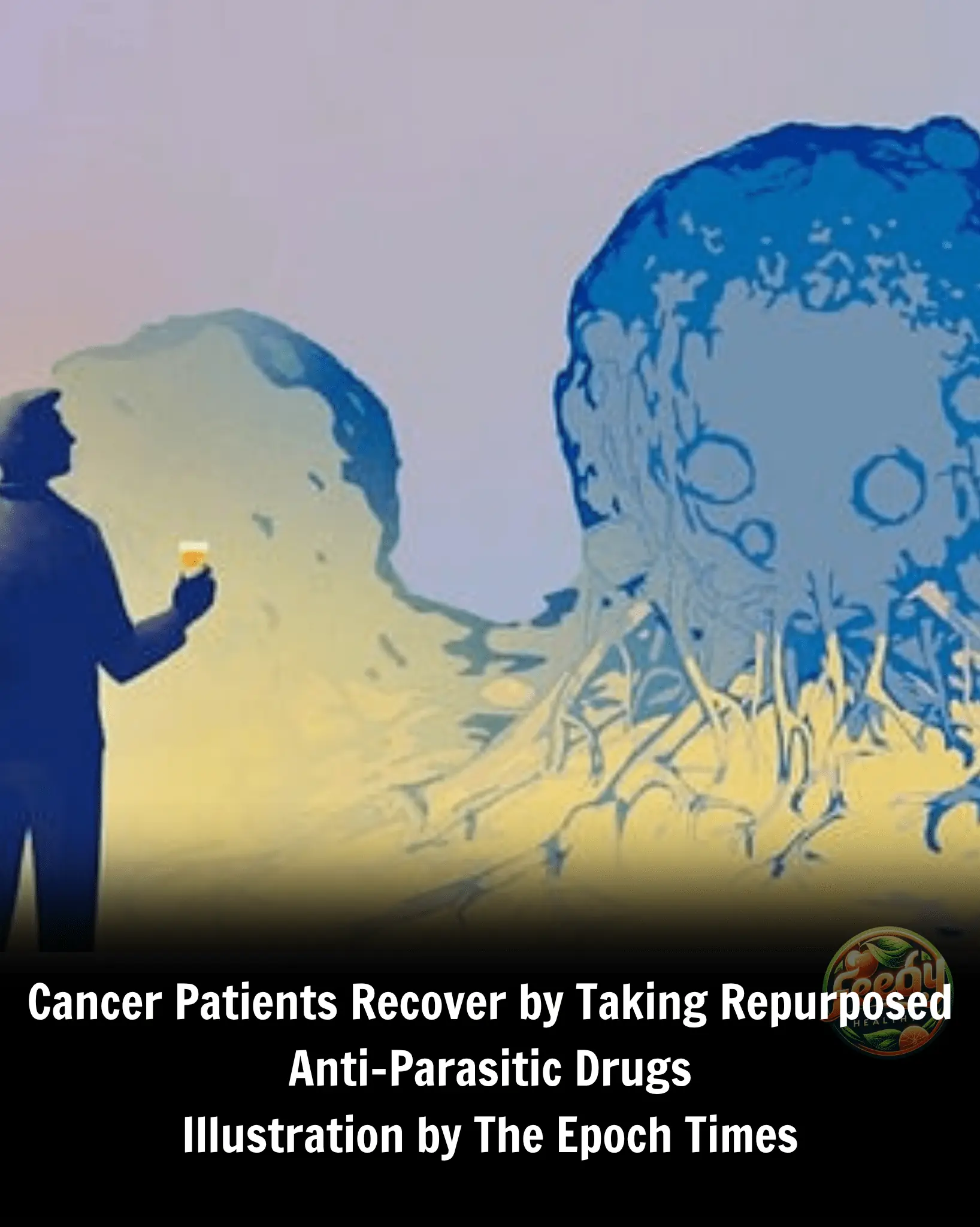
Warning from K Hospital: Daily Consumption of Certain Meats May Increase Cancer Risk – Don’t Take It Lightly!
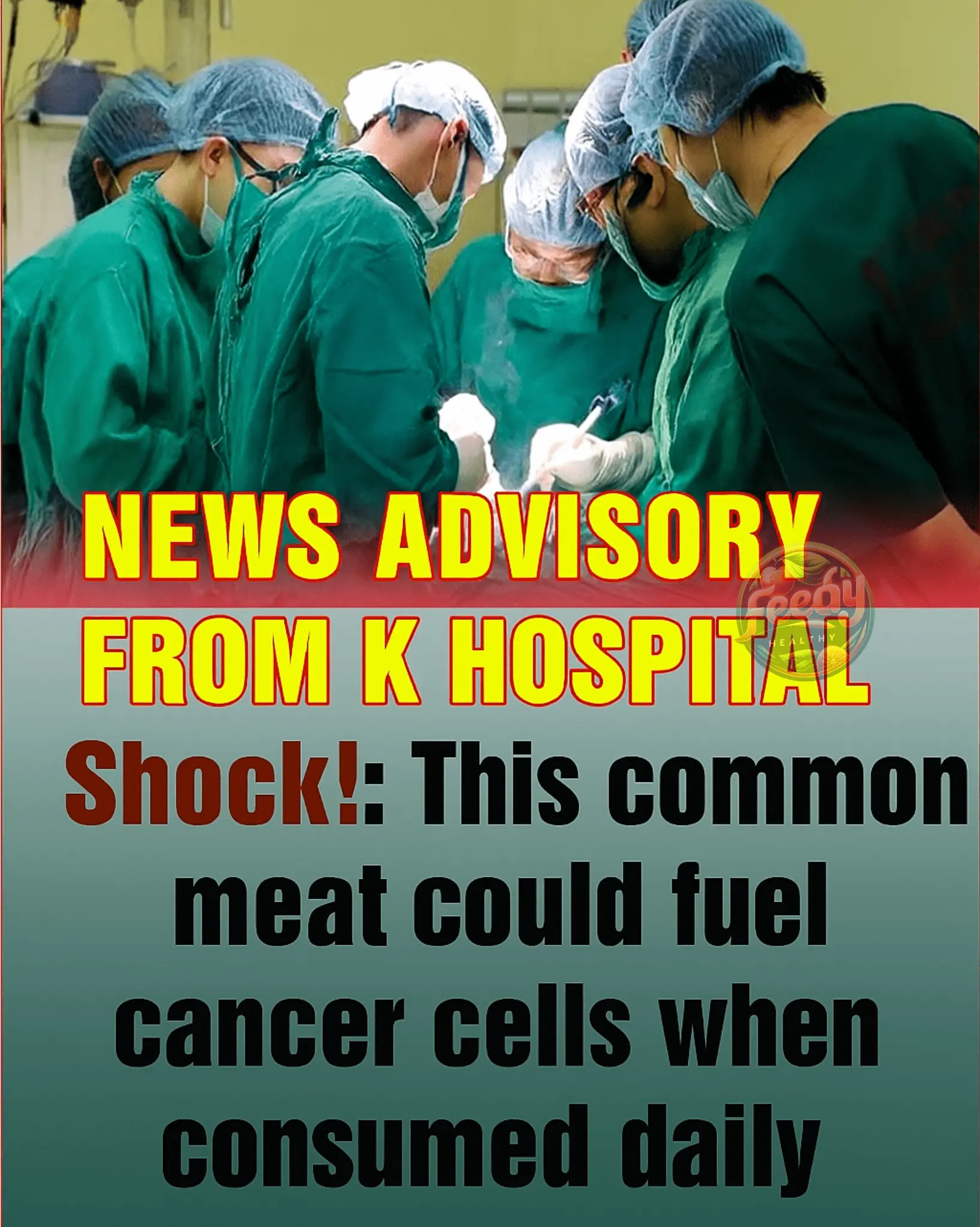
According to doctors at K Hospital, both red meat and processed meats not only increase the risk of colorectal cancer but also heighten susceptibility to other dangerous cancers such as esophageal, lung, pancreatic, endometrial, and stomach cancers.
A report from K Hospital’s Clinical Nutrition Center, citing research by the World Cancer Research Fund (WCRF), found that consuming unprocessed red meat and processed meats in high quantities significantly raises the risk of colorectal cancer. Specifically:
-
An increase of 50g of processed meat per day raises cancer risk by 18%.
-
An increase of 100g of unprocessed red meat per day raises cancer risk by 17%.
Why Is Processed Meat So Dangerous?
Processed meats often contain added nitrites or nitrates for preservation. These substances can lead to greater exposure to nitrosamines and N-nitroso compounds, which are known carcinogens, particularly associated with gastrointestinal cancers.
For example, the EPIC-Norfolk study found that the presence of N-nitrosodimethylamine increased the risk of gastrointestinal cancer by 1.13 times — and specifically rectal cancer by 1.46 times.
High sodium levels in processed meats also contribute to stomach cancer by damaging the stomach lining, increasing the formation of endogenous N-nitroso compounds, and promoting Helicobacter pylori infection.
Red Meat and Oxidative Stress
Red meat contains heme iron, which can trigger oxidative stress and lipid peroxidation, leading to DNA damage. Heme iron also encourages the formation of carcinogenic N-nitroso compounds during digestion.
Data from the EPIC cohort indicates a strong link between red and processed meat intake and elevated stomach cancer risk due to these compounds.
Epidemiological studies also link diets high in heterocyclic amines (HCAs) and polycyclic aromatic hydrocarbons (PAHs) — formed when meat is cooked at high temperatures (grilled, fried) — to various cancers, particularly colorectal adenomas and colorectal cancer.
As a result, the WCRF recommends:
-
Limiting red meat consumption to less than 500g per week.
-
Minimizing or avoiding processed meats entirely.
Global Concern and WHO Statement
According to Vietnamnet, 22 researchers from the International Agency for Research on Cancer (IARC) under WHO reviewed over 800 studies and concluded that processed meats pose a cancer risk similar to that of smoking.
Their analysis found that consuming 50g of processed meat daily (such as sausage, jerky, canned, or smoked meat) increases colorectal cancer risk by 18%.
Meats Considered High-Risk:
-
Red meats include beef, pork, lamb, goat, and horse.
-
Risk stems from added chemicals, preservatives, and high-heat cooking methods that produce carcinogenic compounds.
Still, Red Meat Has Benefits
WHO emphasizes that red and processed meats also offer nutritional value. The declaration has sparked strong reactions globally due to the cultural and culinary importance of these foods.
For instance:
-
Europeans favor sausages and smoked ham,
-
Asians enjoy preserved sausages and beef jerky,
-
Americans are known for bacon and hot dogs — iconic national foods.
Vietnamese Doctors Speak Out
In Vietnam, this news caused public concern. Dr. Phạm Thị Việt Hương from K Hospital clarified: “Many people misunderstood that eating sausage or salted meat automatically causes cancer. This is incorrect. Only when consumption exceeds certain thresholds over time does it become harmful.”
Dr. Hương added: “You don’t have to completely avoid red or processed meats, but you should moderate your intake.”
Dr. Đoàn Lực from K Hospital also confirmed in a public forum that a proper diet can help prevent cancer. He recommended three main strategies:
-
Maintain a healthy weight (no more than 10% above ideal weight).
-
Practice balanced nutrition — ensure a complete, varied, and well-proportioned diet.
-
Select high-quality foods — pay attention to nutritional content, avoid excessive unhealthy fats.
News in the same category


5 Essential Leaves to Naturally Improve Your Eye Health
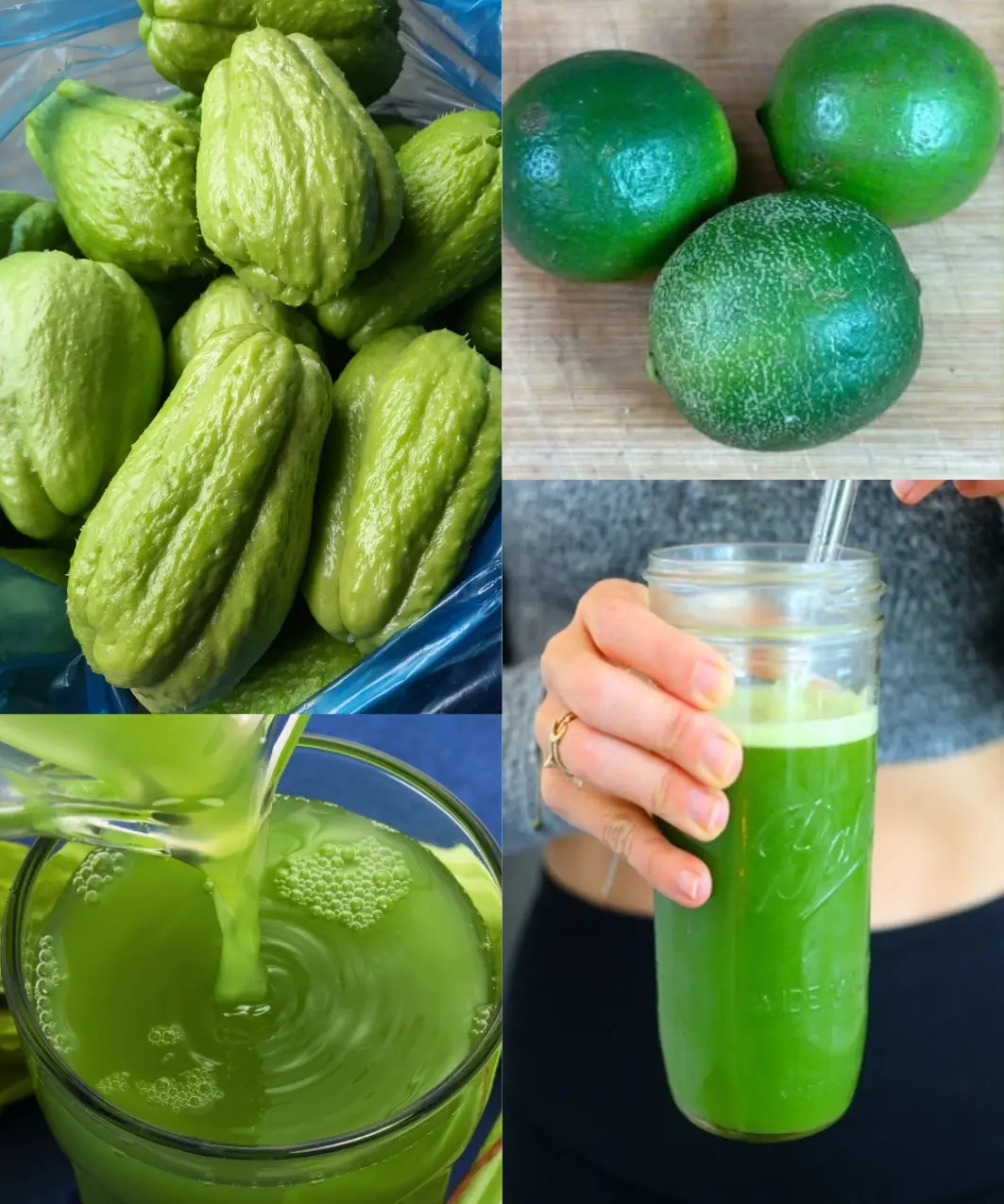
16 Benefits of Chayote Juice: Say Goodbye to Pills and Hello to Natural Healing
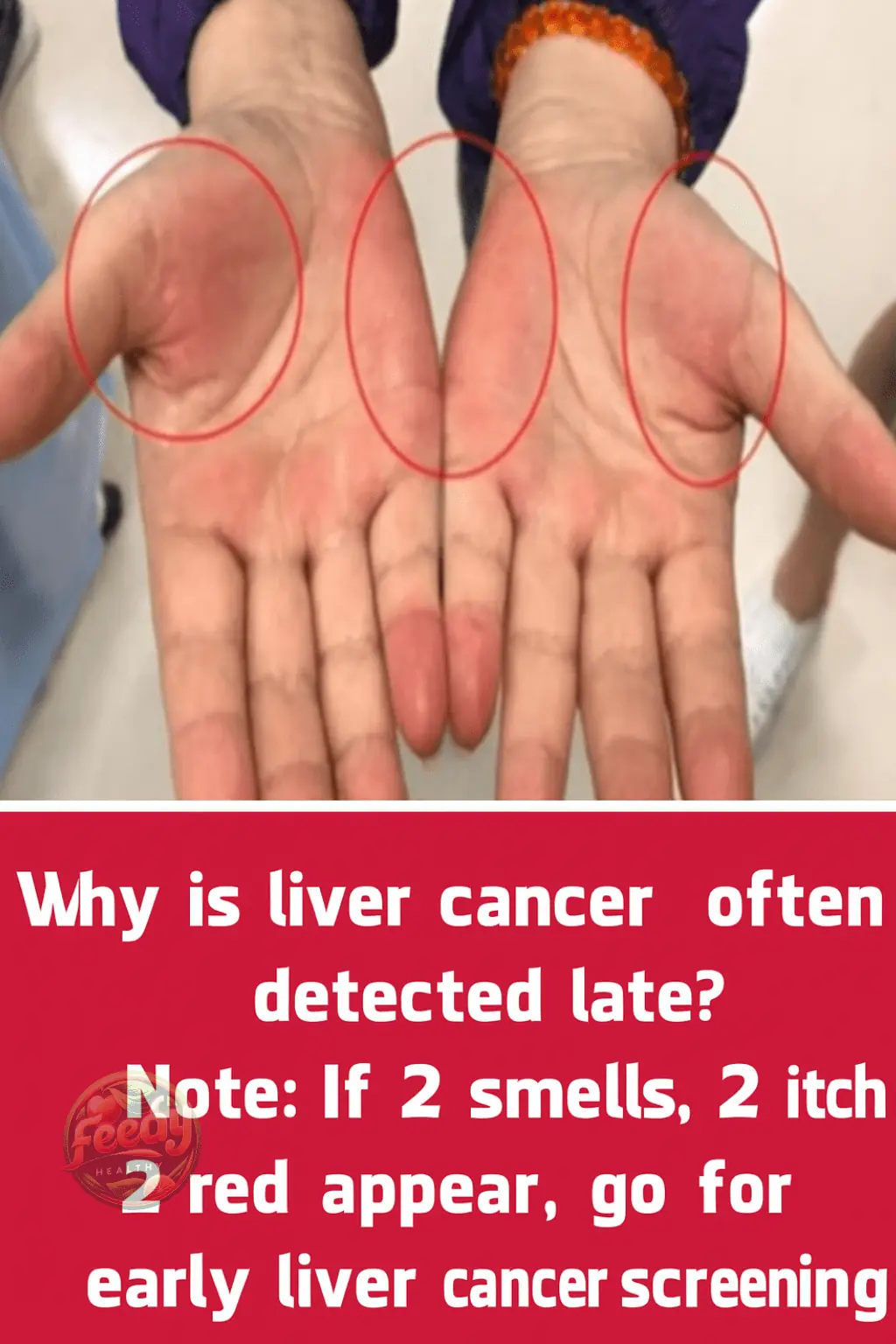
Why Is Liver Cancer Often Detected Late? Note: If You Notice 2 Odors, 2 Itches, and 2 Red Areas, Get Screened Early
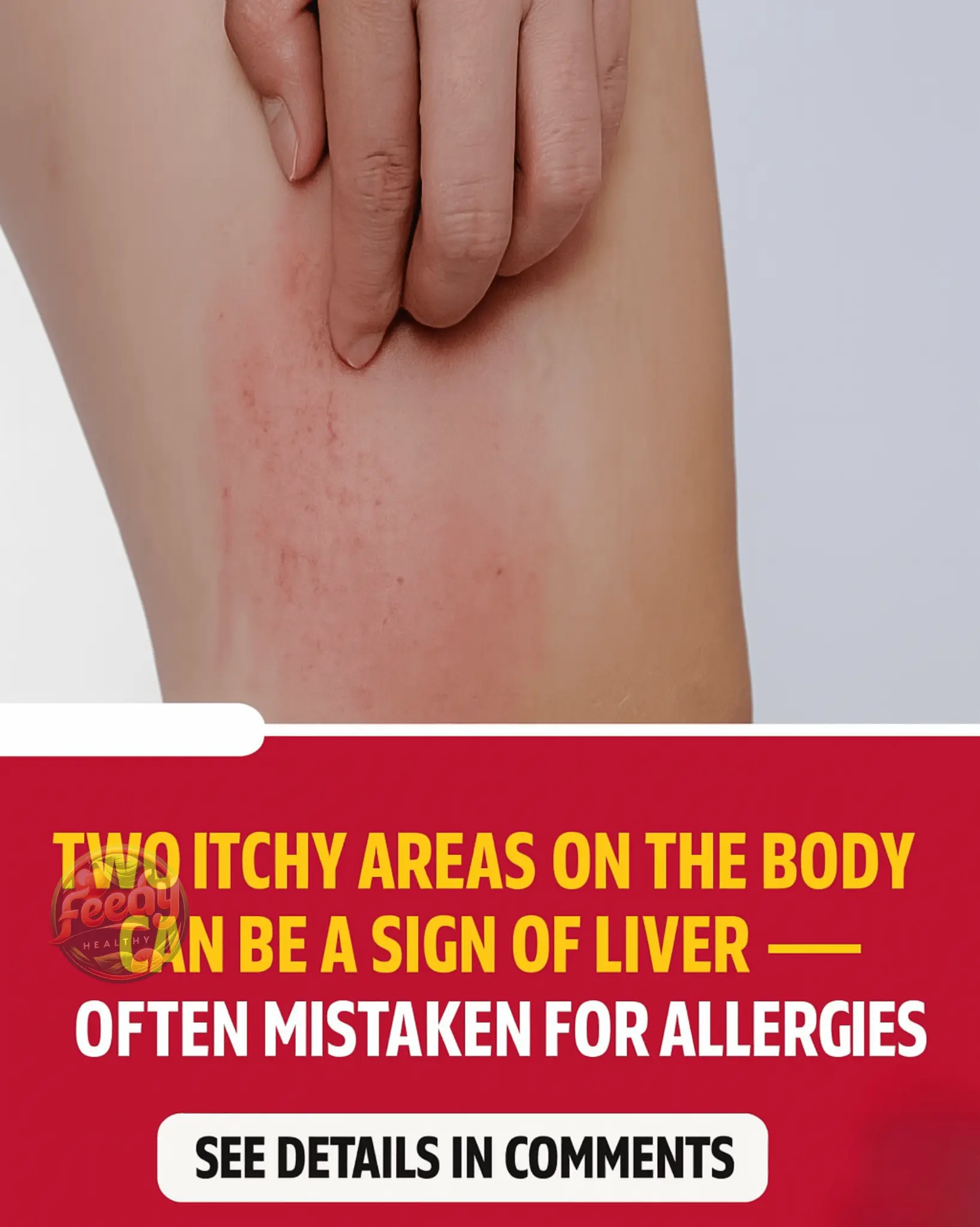
Two Itchy Areas on the Body Could Be a Sign of Liver Cancer—Often Mistaken for Allergies
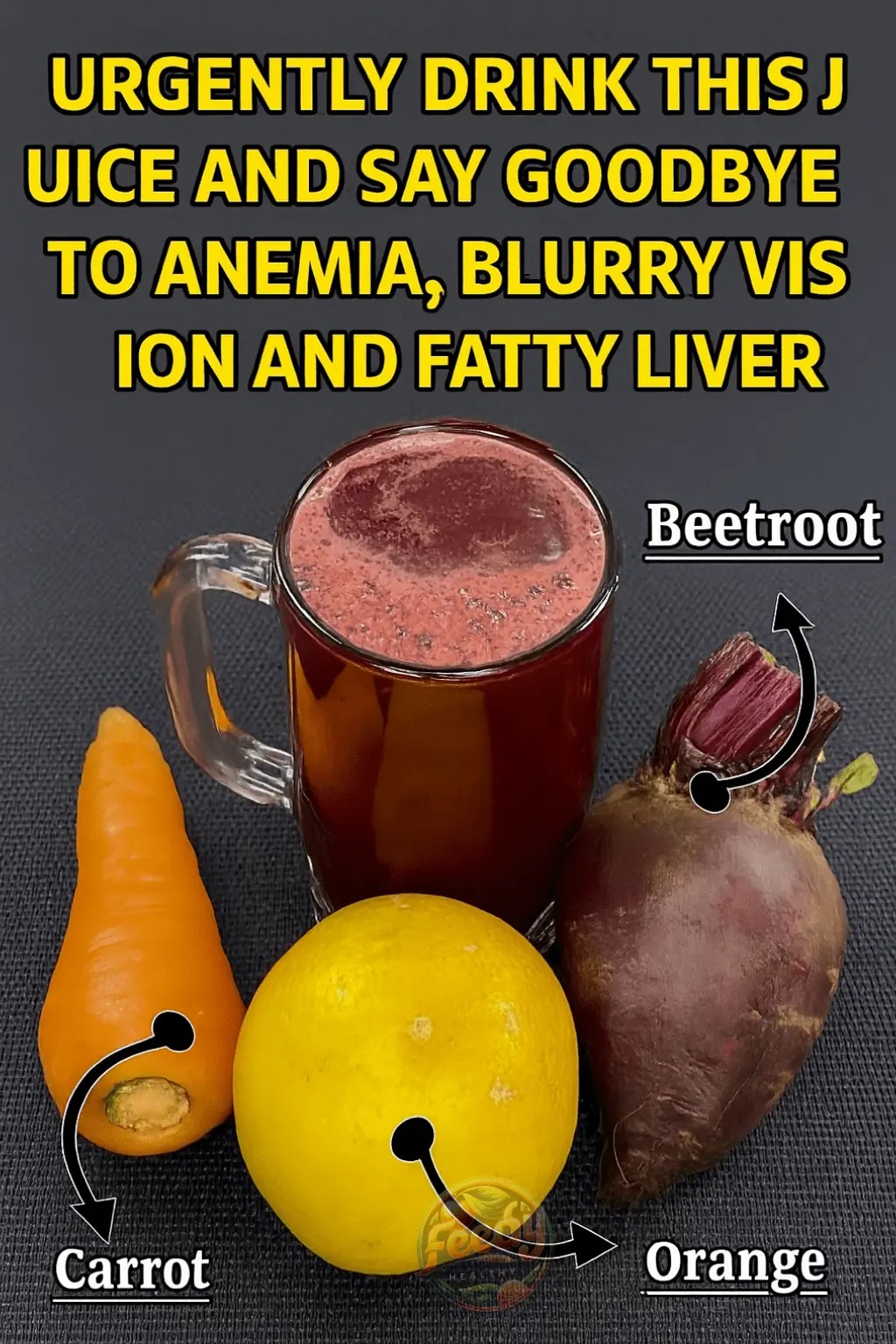
Say Goodbye to Anemia, Blurry Vision, and Fatty Liver with This Natural Drink
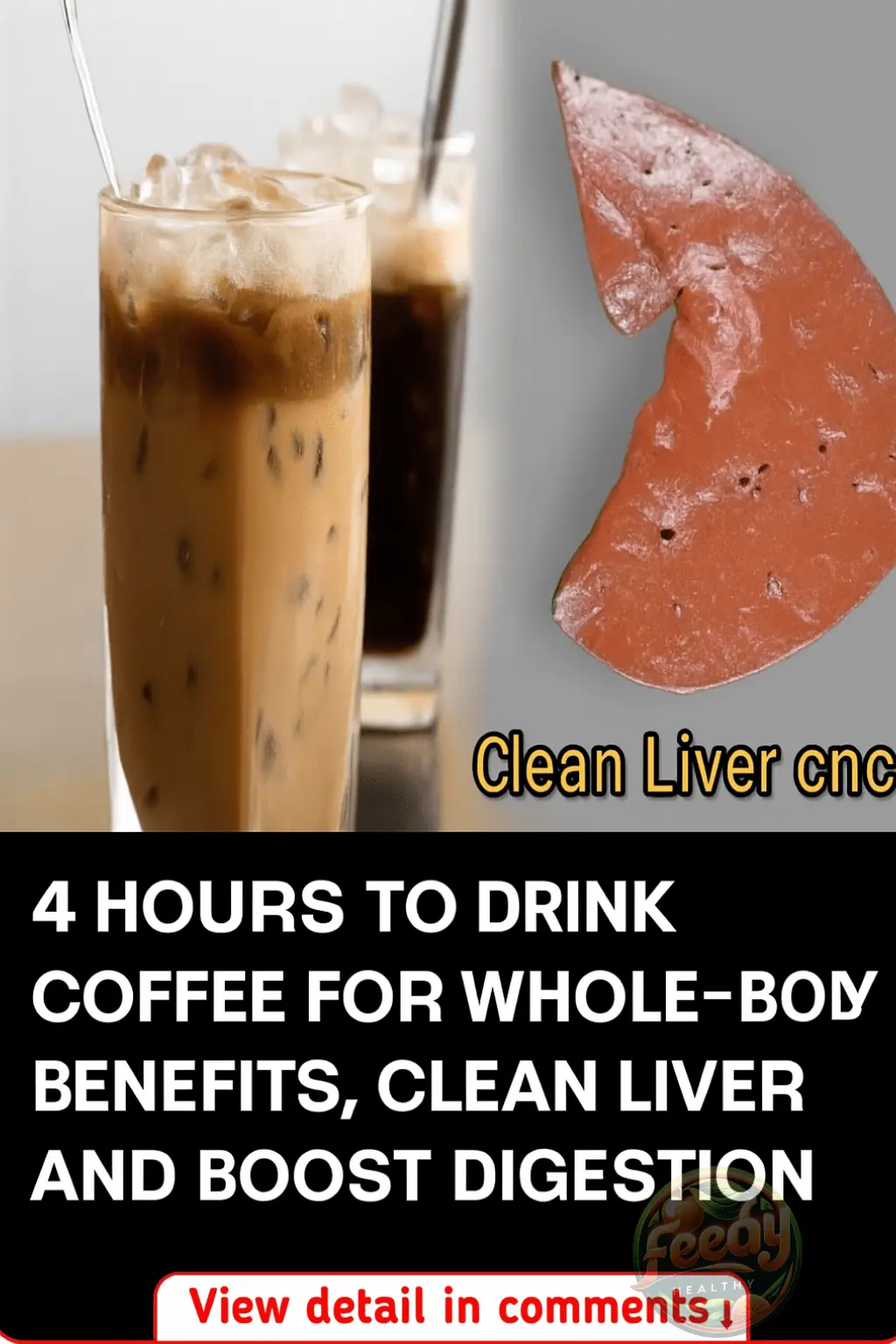
The 4 Golden Hours to Drink Coffee for Maximum Health Benefits: Detox Your Liver and Boost Digestion
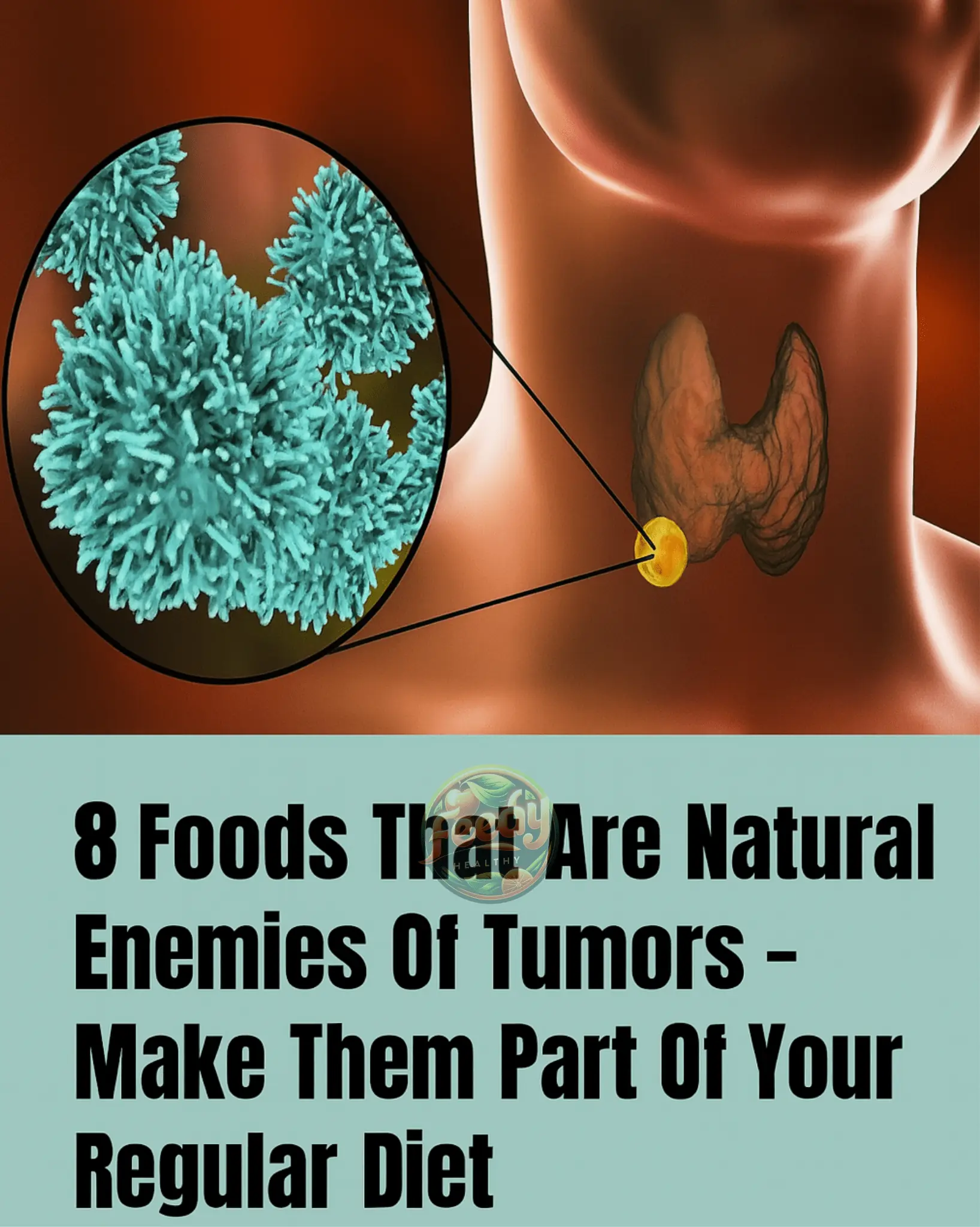
8 Foods That Are Natural Enemies of Tumors – Make Them Part of Your Regular Diet

Fig Sap: Nature’s Quiet Remedy for Skin, Digestion & Everyday Wellness
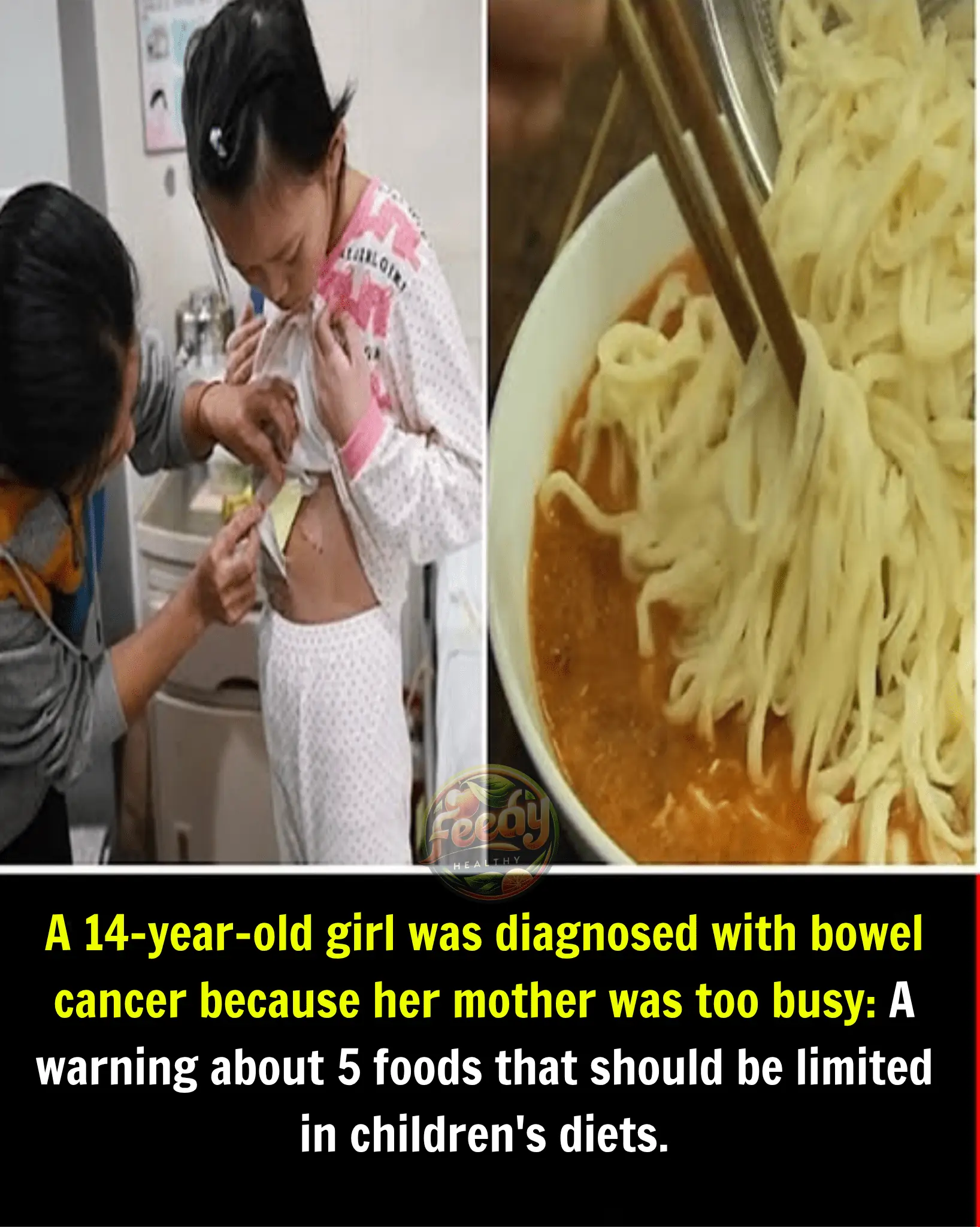
A 14-Year-Old Girl Diagnosed with Bowel Cancer Due to Her Mother's Busy Schedule: A Wake-Up Call About 5 Foods Children Should Never Eat for Breakfast
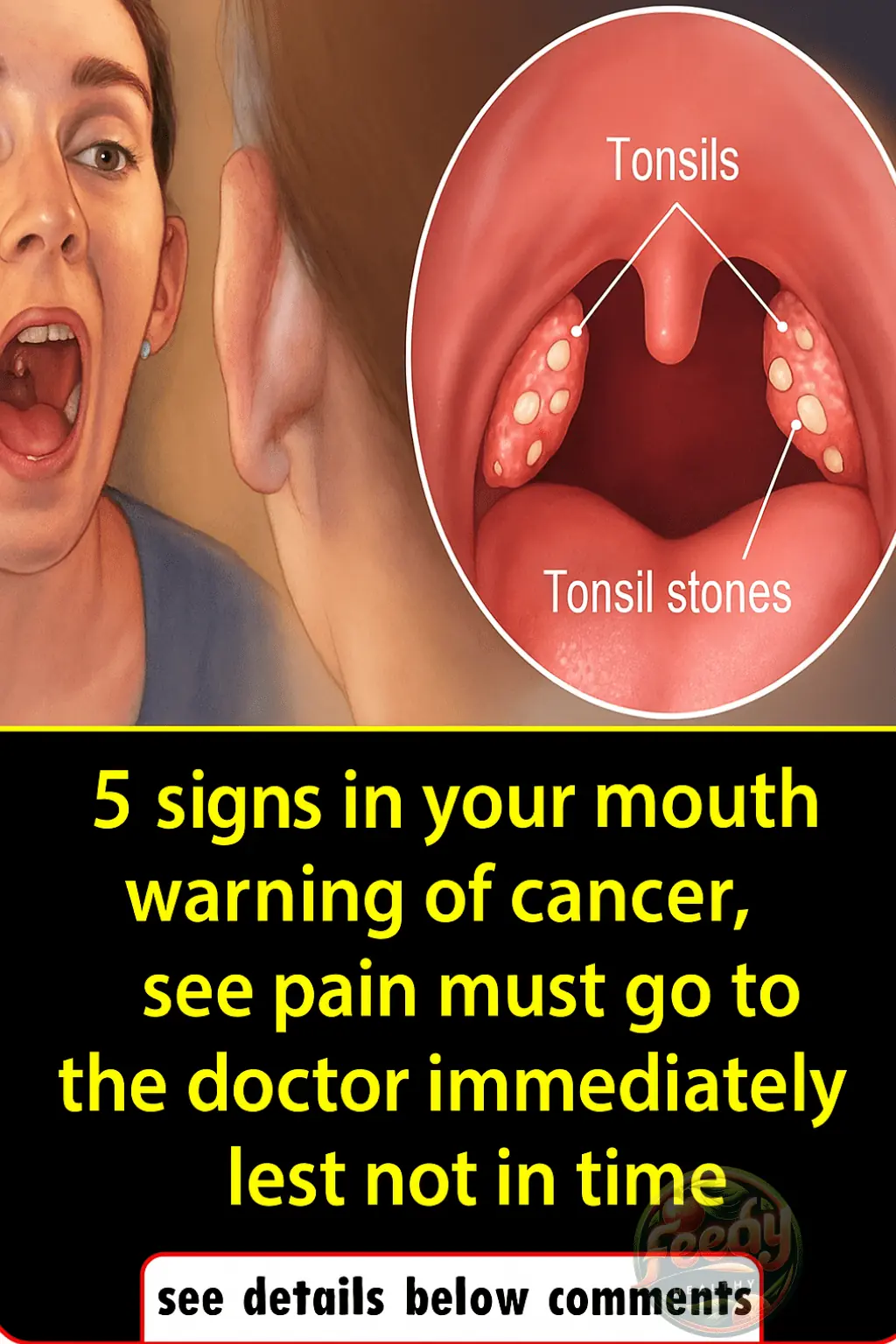
5 Mouth Symptoms That Could Signal Cancer – Don’t Ignore the Pain
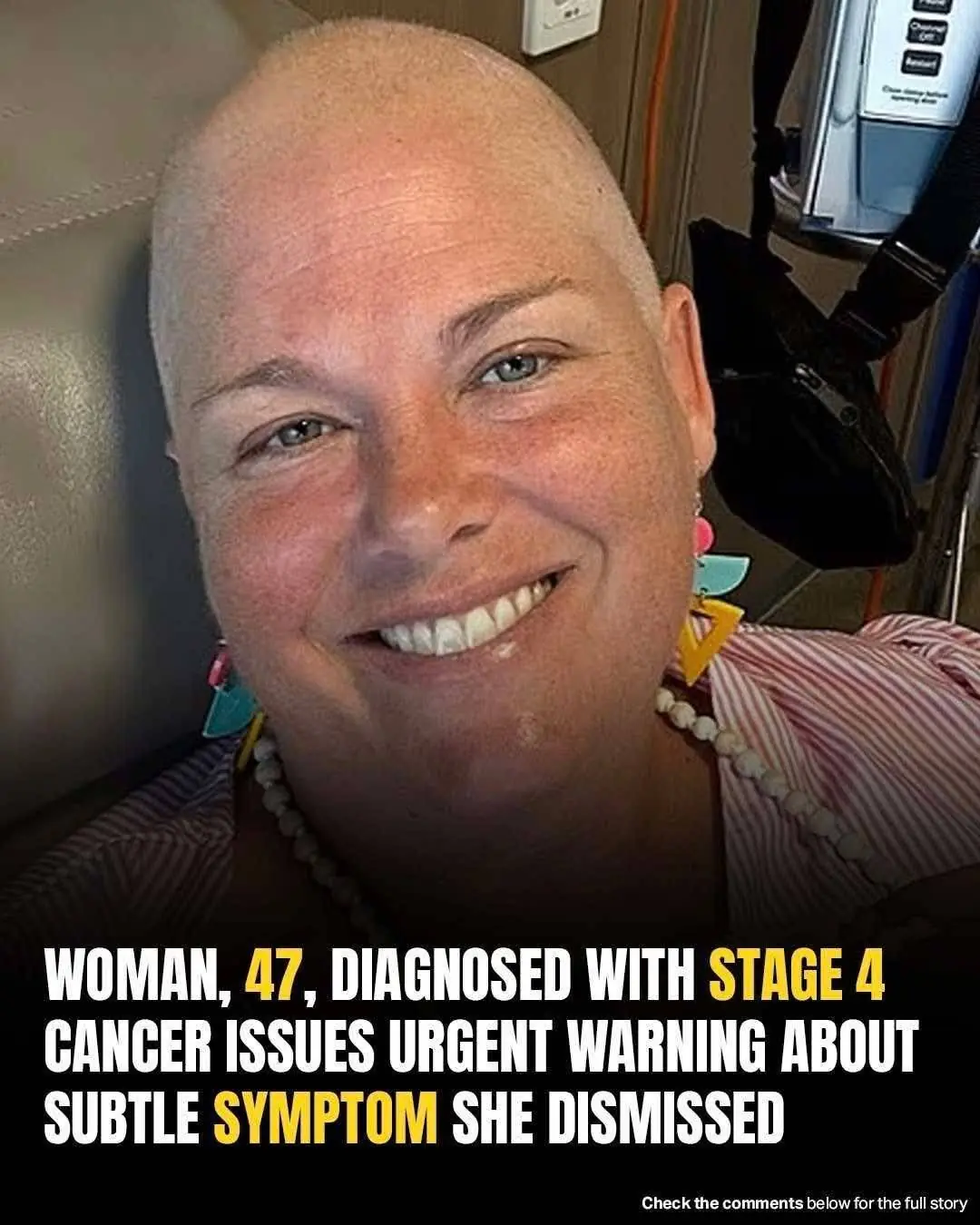
Stage 4 cancer patient warns overlooked minor signs can mask a fatal disease
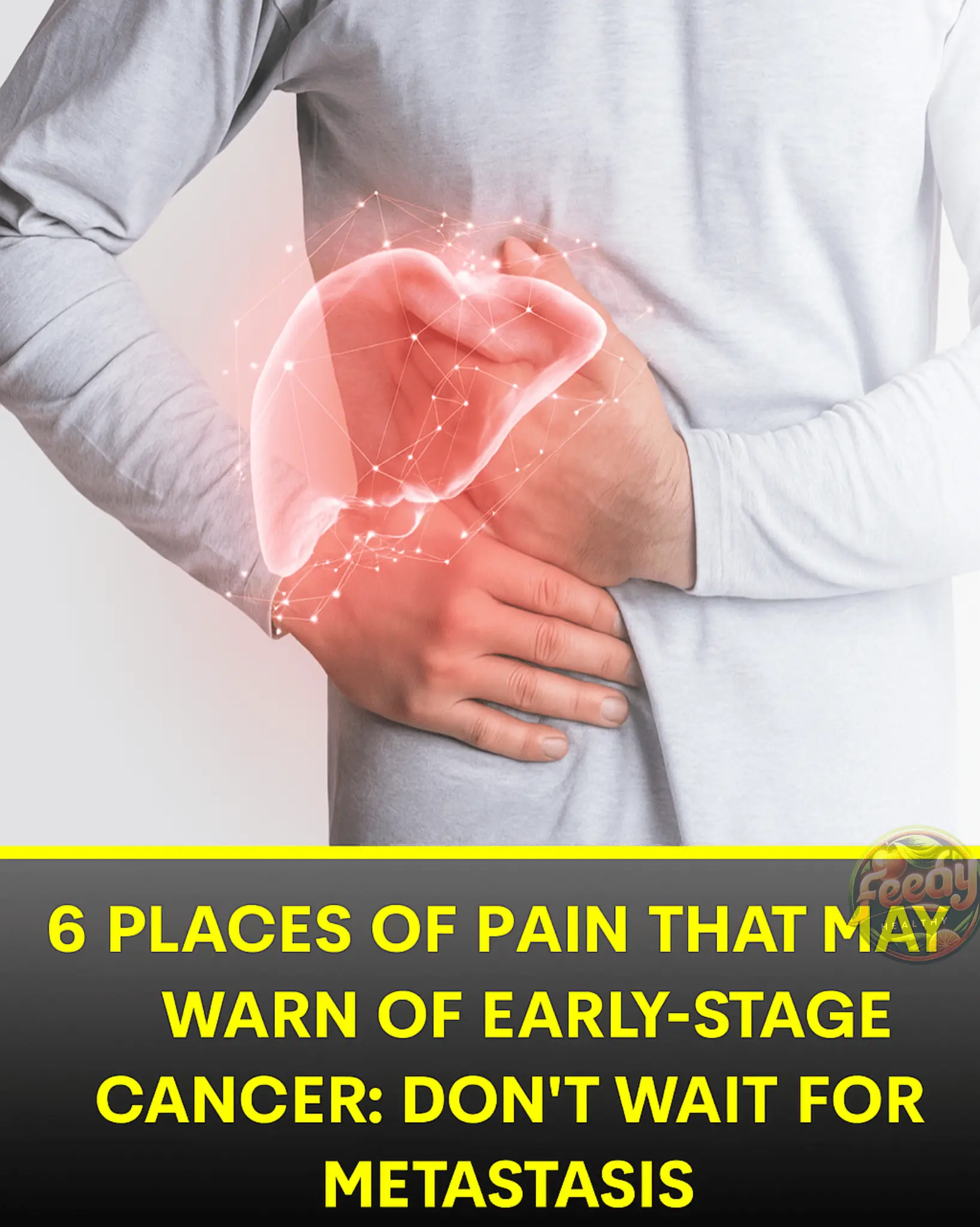
6 Types of Pain That May Signal Early-Stage Cancer: Don’t Ignore These Symptoms Before It Spreads
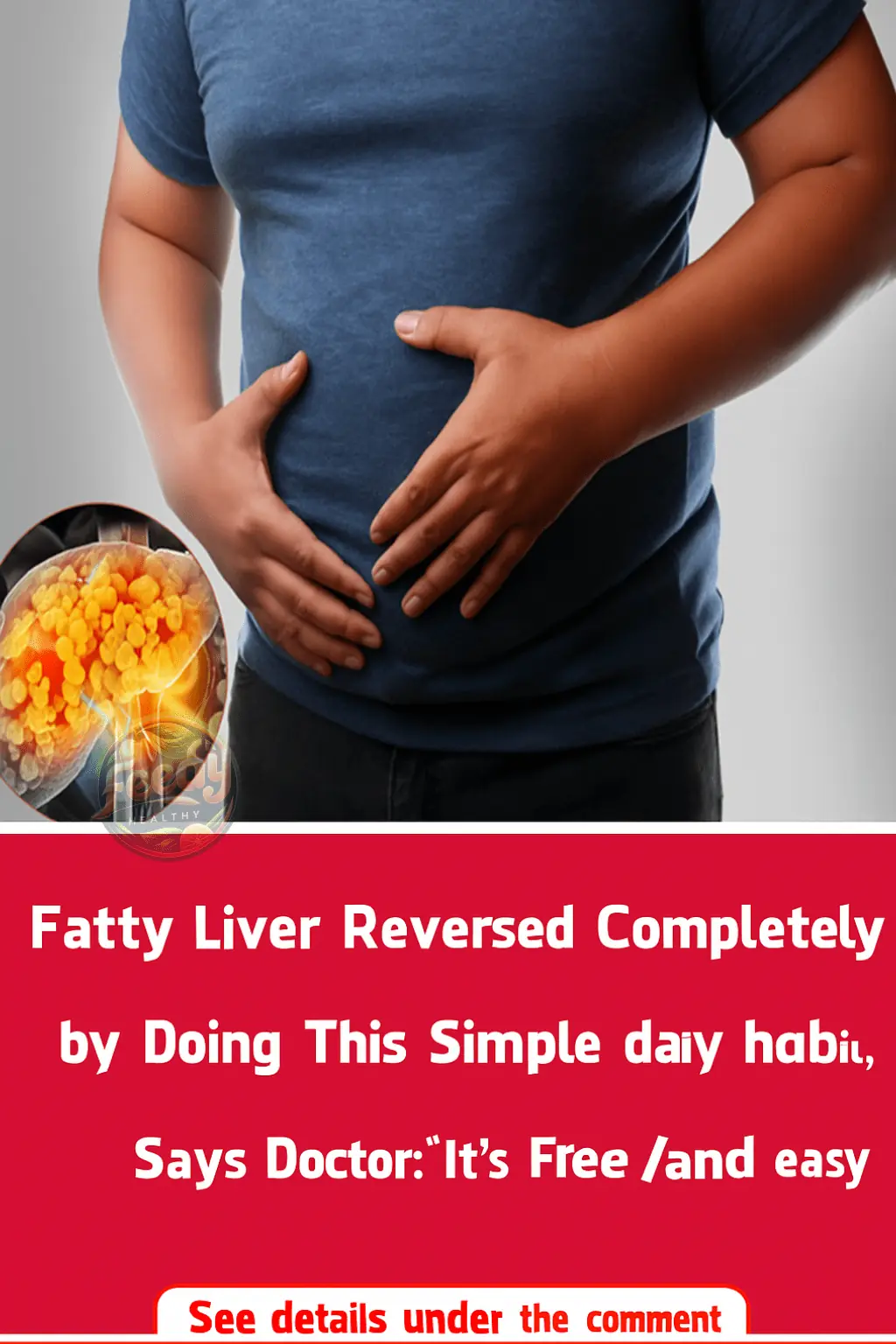
Fatty Liver Reversed Completely by Doing This Simple Daily Habit, Says Doctor: “It’s Free and Easy”
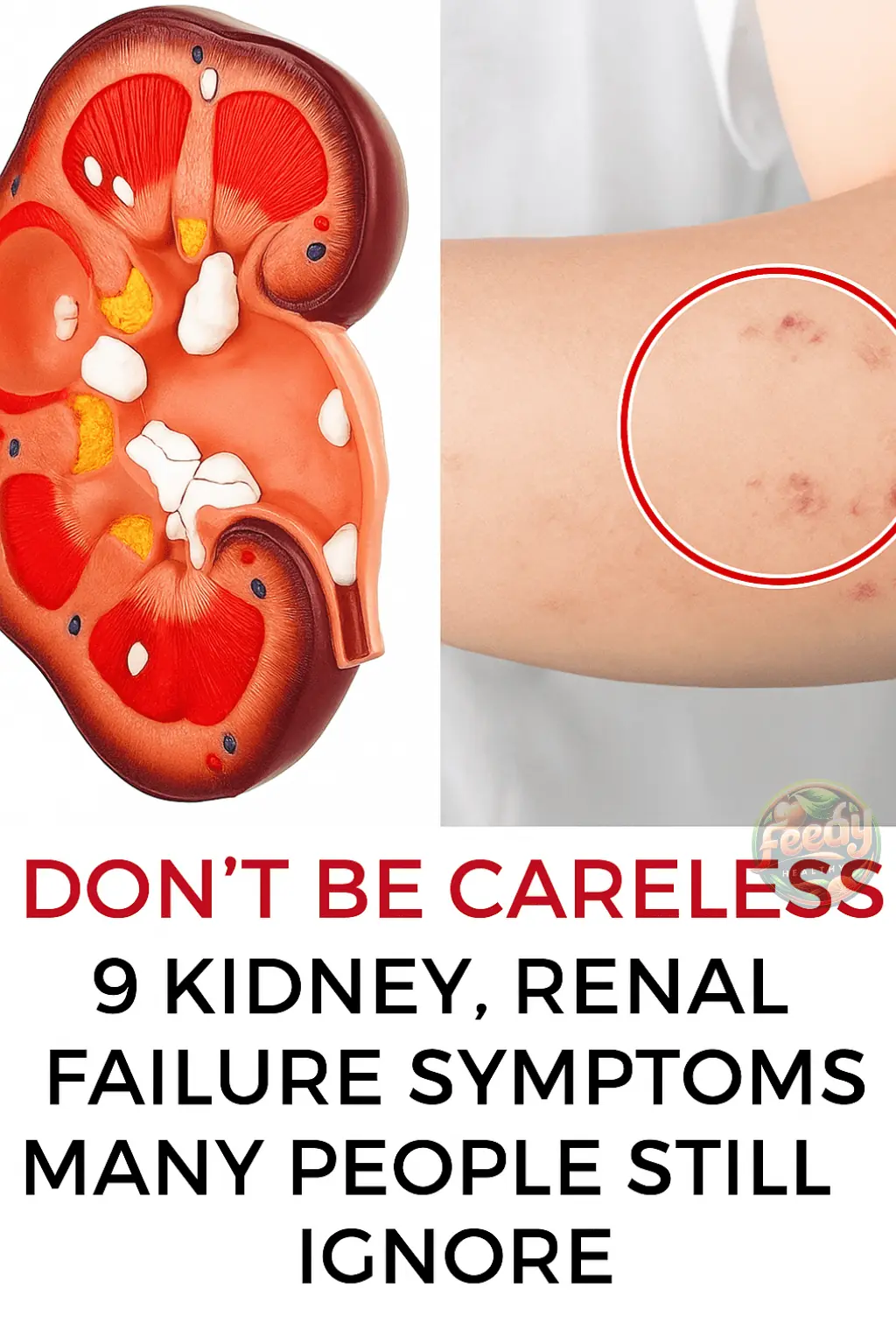
9 Symptoms of Kidney Disease and Kidney Failure Everyone Should Know
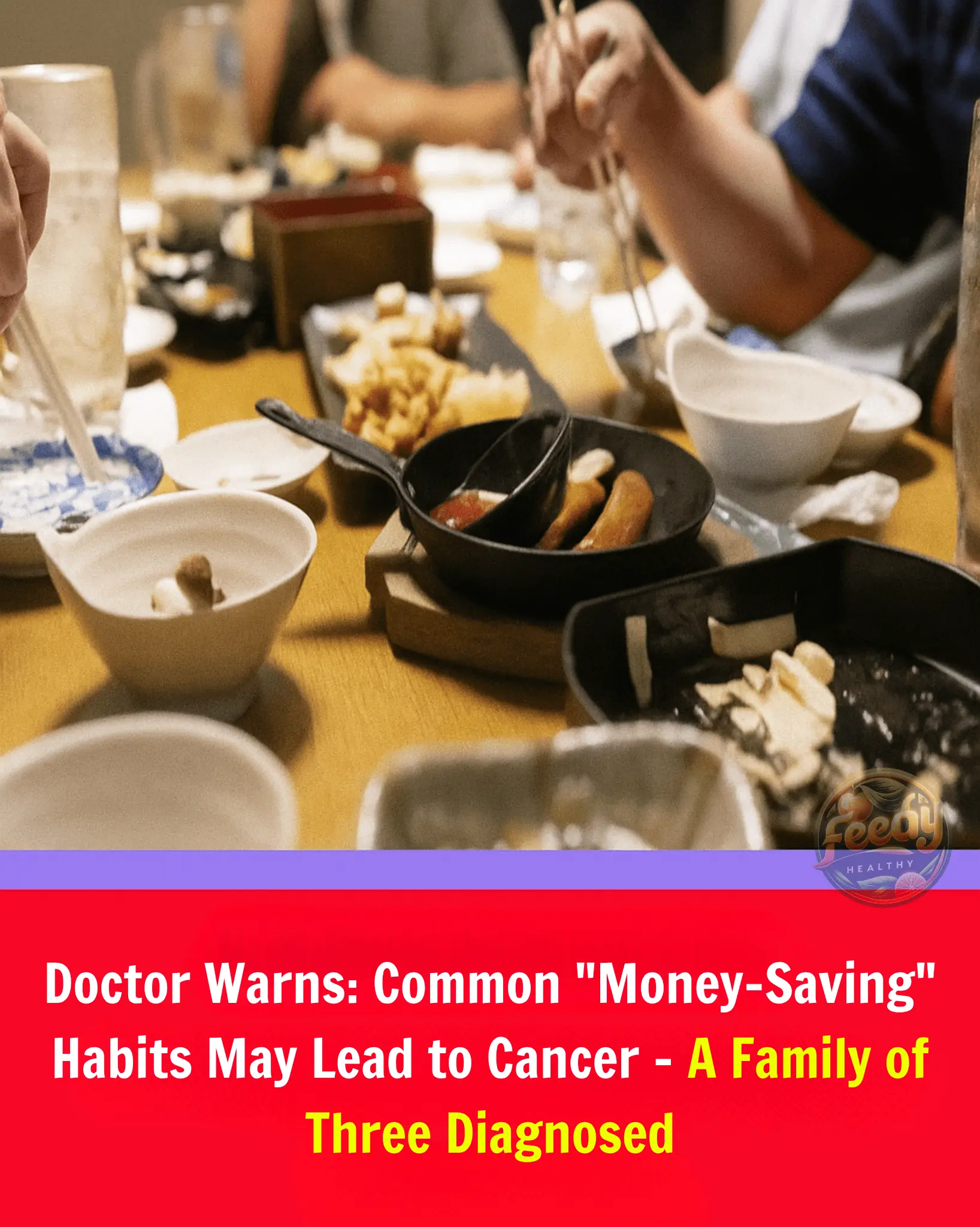
Doctor Warns: Common "Money-Saving" Habits May Lead to Cancer – A Family of Three Diagnosed
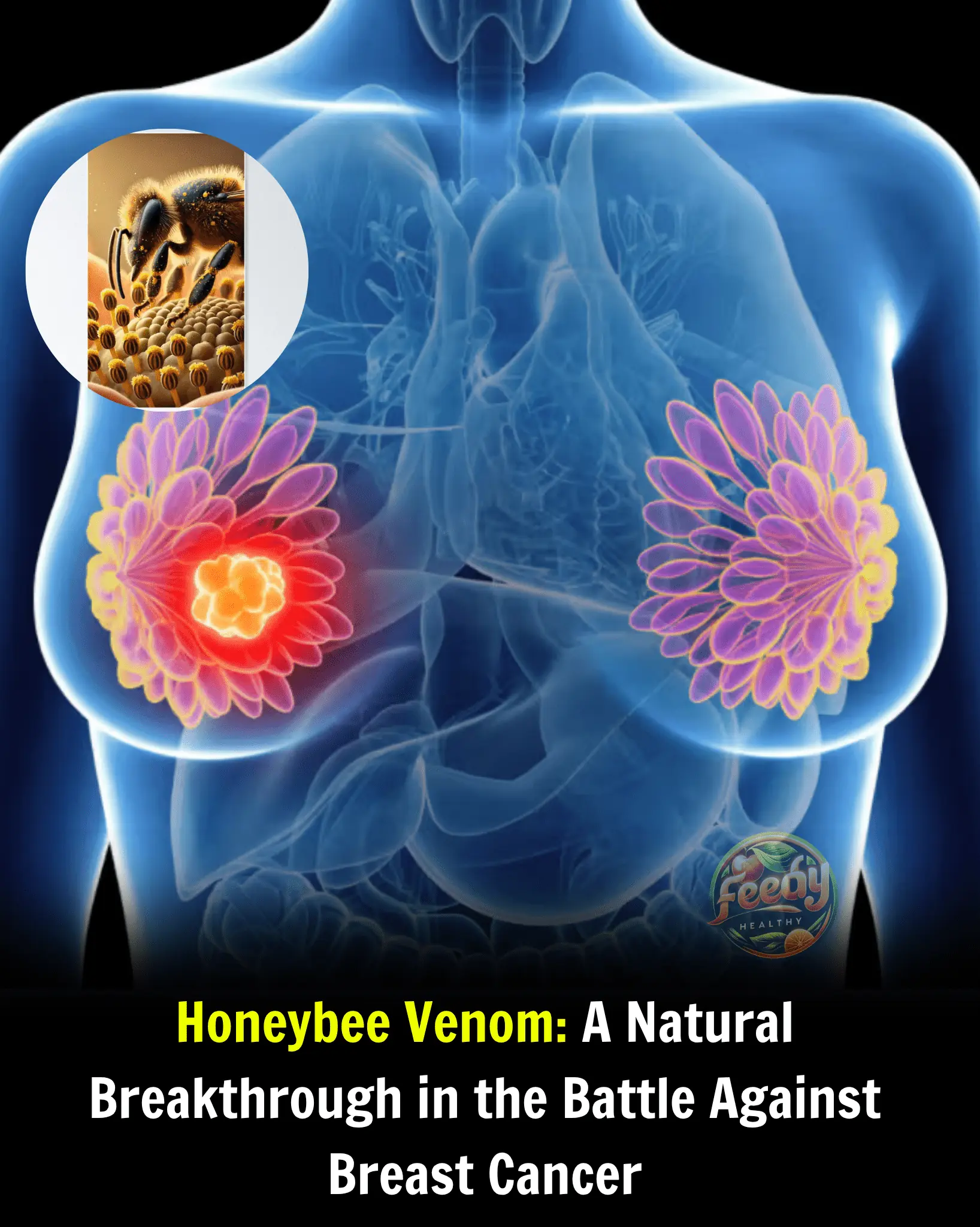
Honeybee Venom: A Natural Breakthrough in the Battle Against Breast Cancer

5 Concerning Symptoms During Sleep That May Signal an Impending Stroke
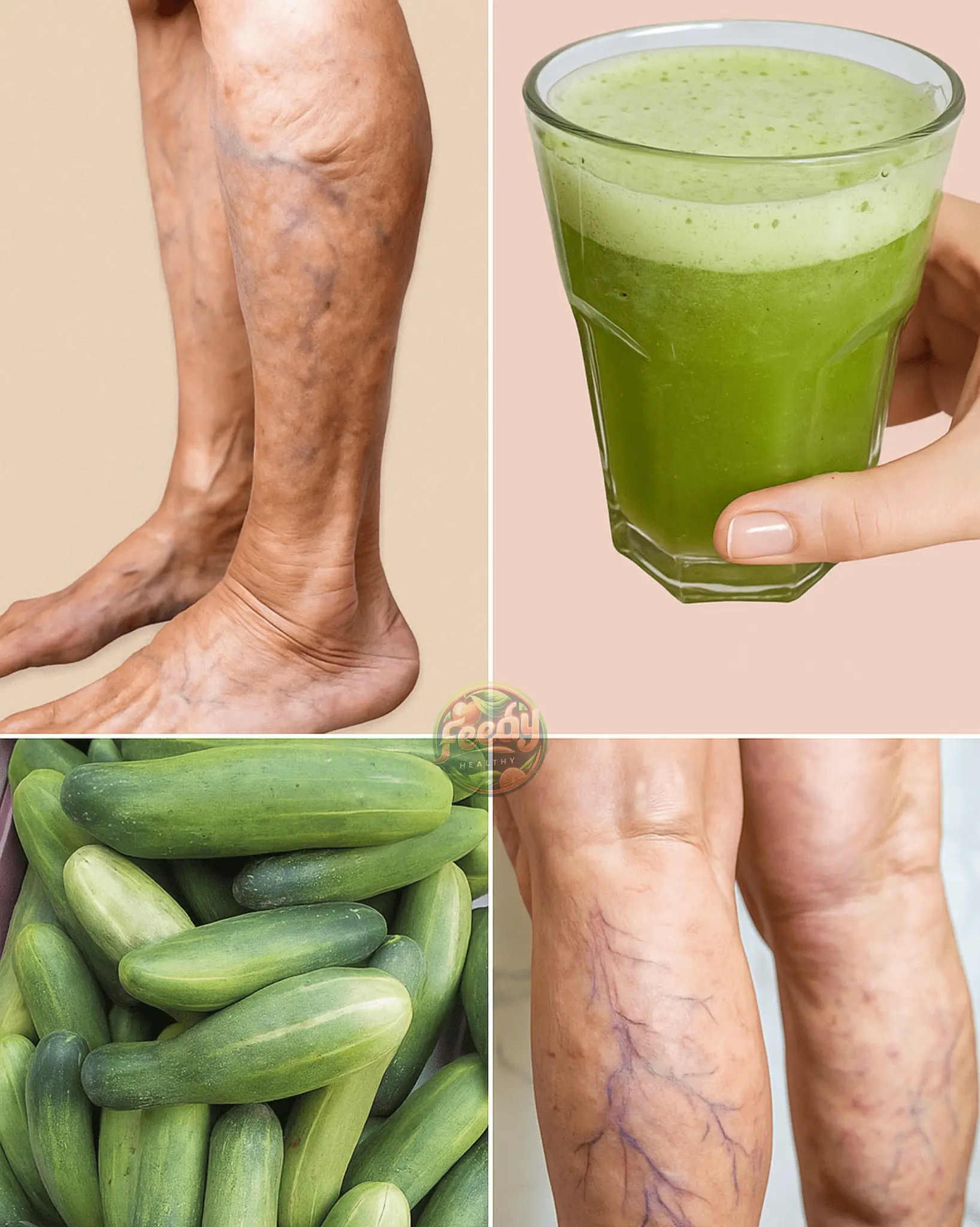
Do You Eat Cucumber? Few Know It Helps With THIS – Incredible Benefits of Eating Cucumber for Varicose Veins
News Post
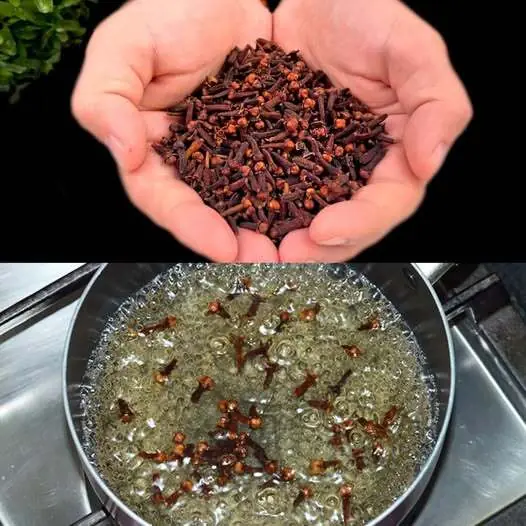
The Power of Cloves: A Natural Miracle for Health

Ginger Water: A Natural Tonic for Weight Loss, Digestion, and Joint Health

The Powerful Natural Drink to Heal Cancer, Diabetes, High Blood Pressure, and Poor Circulation

"The Powerful Health Benefits of Thyme"
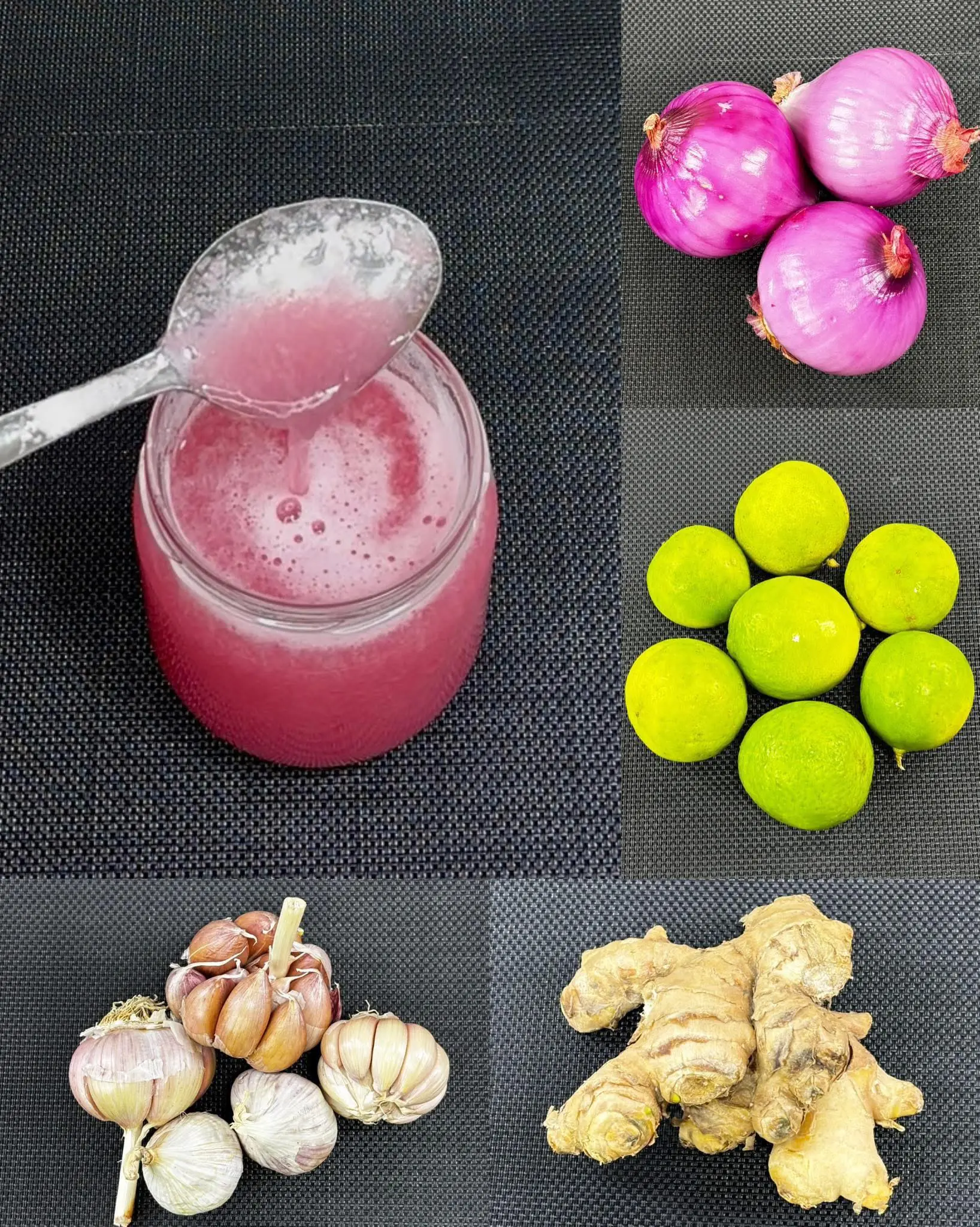
Expel Mucus from the Lungs, Relieve Dry Cough, and Sinusitis Naturally

Restore Your Vision, Memory, and Alleviate Migraines with This Powerful Smoothie

How One Cancer Survivor Triggered Interest in Repurposed Anti-Parasitic Drugs

Glee star Cory Monteith's parents tragically die weeks apart following his death 12 years ago

8 Uses for Epsom Salt Few People Know About
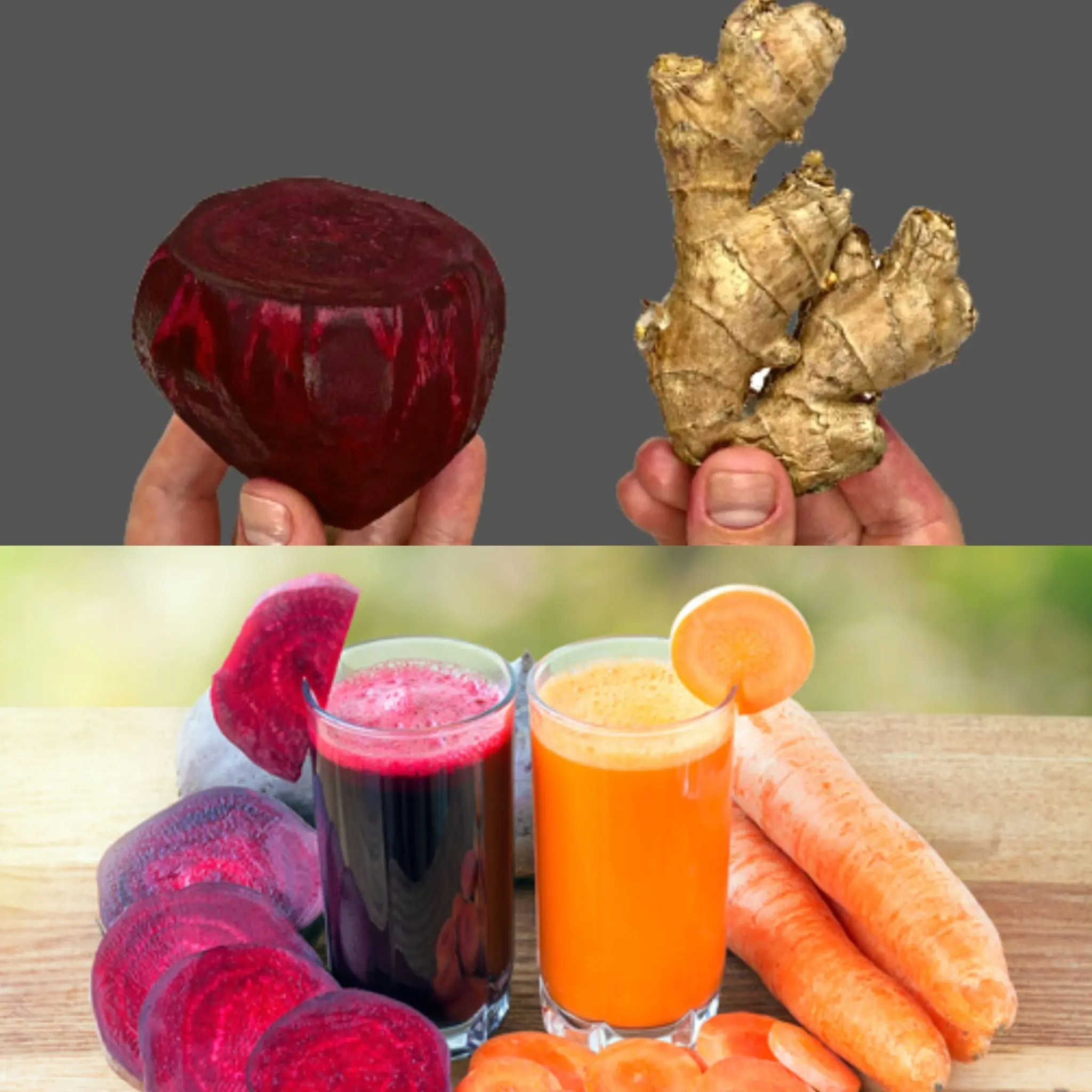
Natural BOMB 🍊🍯 for Cleansing the Liver and Blood Vessels: 3 Old Forgotten Recipes!(With Ginger, Beet, and Carrot)

Transform Your Health with a Secret Mix of Parsley and Apple! 🍏🌿
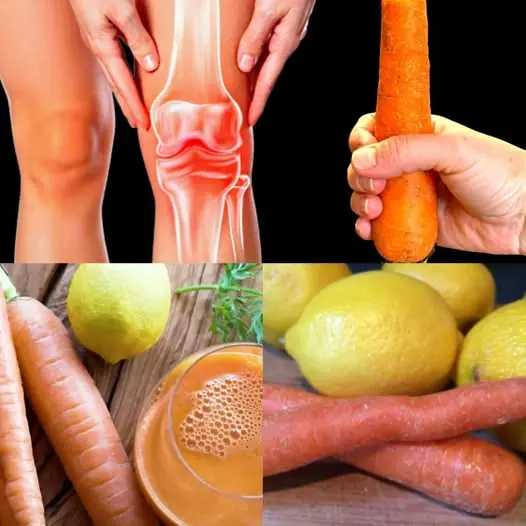
Supporting Joint Health Naturally
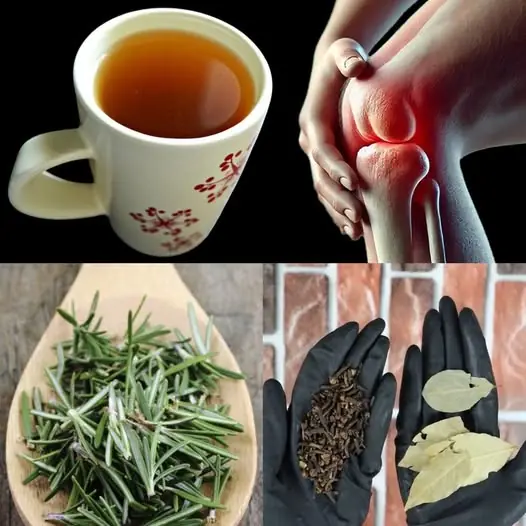
Soothe Knee and Joint Discomfort with Nature’s Secret Tea Blend
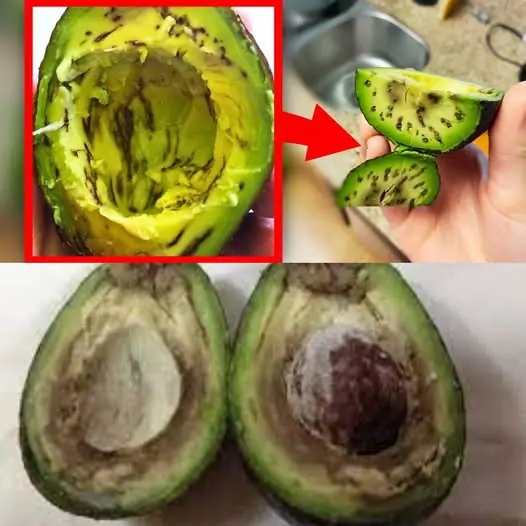
Making the Most of Avocados with Dark Spots
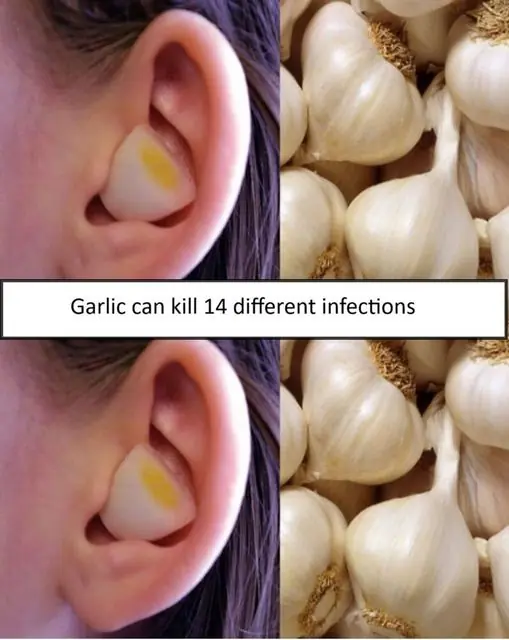
Discover the Power of Garlic Against Infections

Discover the Hidden Value of Lemon Seeds 🍋✨
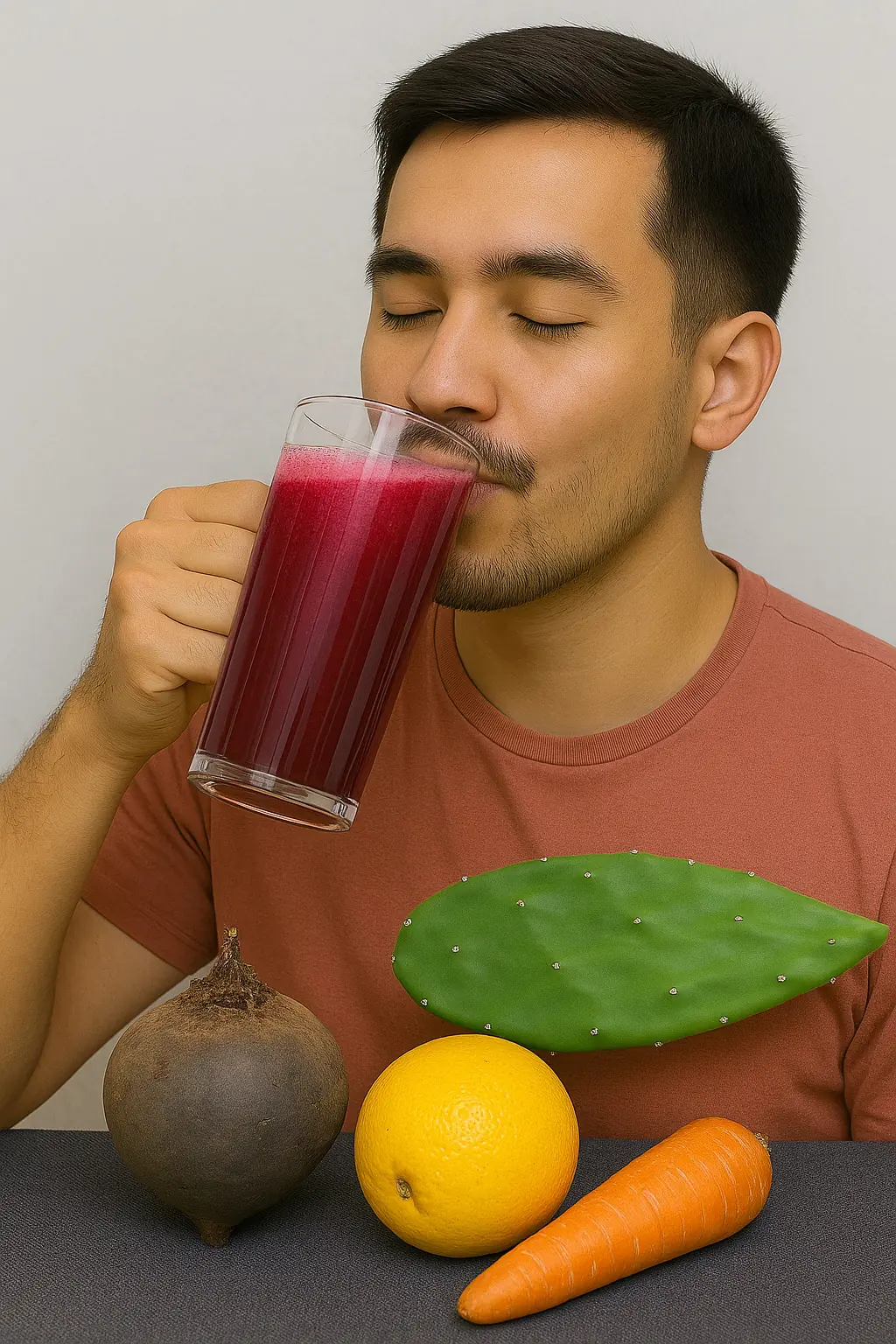
If You Start Preparing Nopal with Beetroot, You’ll Thank Me Forever
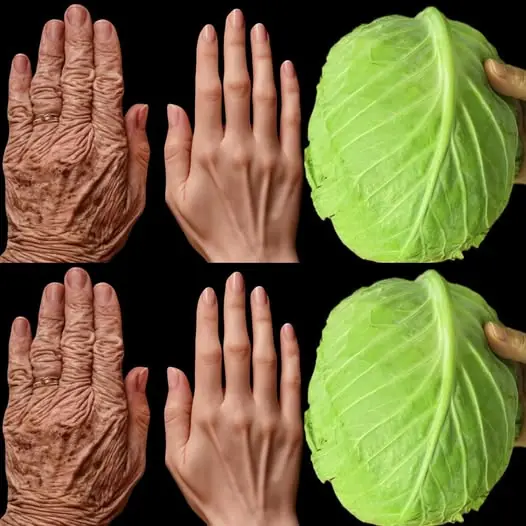
Discover the Magic of Cabbage Leaves for Joint Comfort
